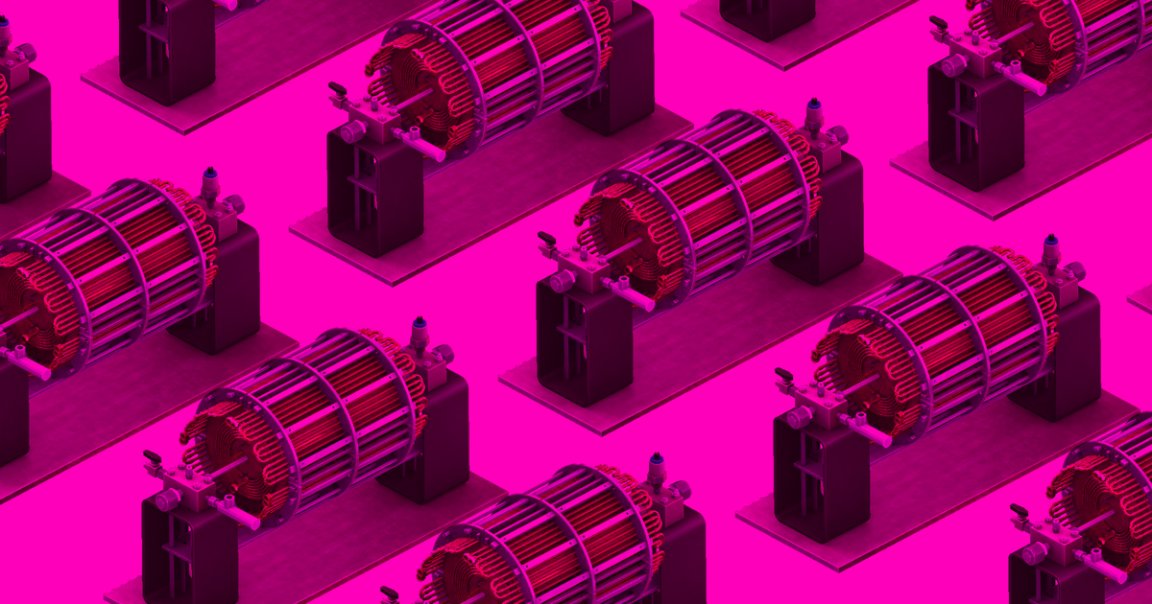
Star Power
Despite years of research, scientists have yet to realize the dream of usable nuclear fusion — but at least many still believe they’ll eventually succeed.
Not so for cold fusion, a hypothetical energy source that would occur at room temperature.
On Monday, Google shared the disheartening results of a multi-year, multi-million dollar research project into the phenomenon in the journal Nature — and, though the project wasn’t a total defeat, the new research all but kills the hope that cold fusion could one day power our world.
Fusion Confusion
Nuclear fusion occurs when two atomic nuclei merge into one, an event that produces a tremendous amount of energy. It’s the process that powers our Sun and many other stars, and if we could find a way to harness it, fusion could provide us with a near-limitless supply of clean energy.
The problem is that fusion has thus far proven impossible to replicate in a stable way here on Earth without expending more energy than the process produces.
As enticing as nuclear fusion is, cold fusion would be an even bigger boon for researchers, because it would allow us to harness the power of fusion under safer and cheaper conditions. And in 1989, a pair of scientists claimed they’d successfully induced cold fusion, giving hope that the alluring form of energy was within humanity’s grasp.
Cold Case
Unfortunately, their research was soon debunked.
Still, the dream of cold fusion lived on. And in 2015, Google decided the phenomenon deserved a rigorous investigation.
To that end, the company awarded $10 million in funding to about 30 researchers in labs across the globe, asking them to revisit three proposed experiments for cold fusion.
Those researchers published a dozen individual papers in the years since, but Monday’s Nature piece sums up the findings of Google’s investigation into cold fusion: there’s “no evidence whatsoever” the phenomenon exists.
Probable Pipe Dream
That news may be disheartening, but as noted by a Nature Editorial, Google’s investment wasn’t for naught.
“The project has produced materials, tools and insights — such as calorimeters that operate reliably under extreme conditions, and techniques for producing and characterizing highly hydrided metals — that could benefit other areas of energy and fusion research,” the piece reads. “But whether the spin-off benefits alone justify continued efforts and investment in pursuit of a probable pipe dream is another matter. Opinions are split.”
READ MORE: Google revives controversial cold-fusion experiments [Nature]
More on fusion: Scientists Have a New Idea to Make a Fusion Reactor Practical